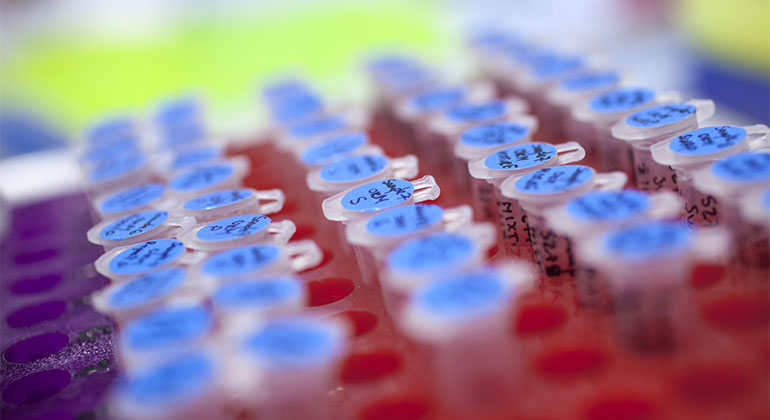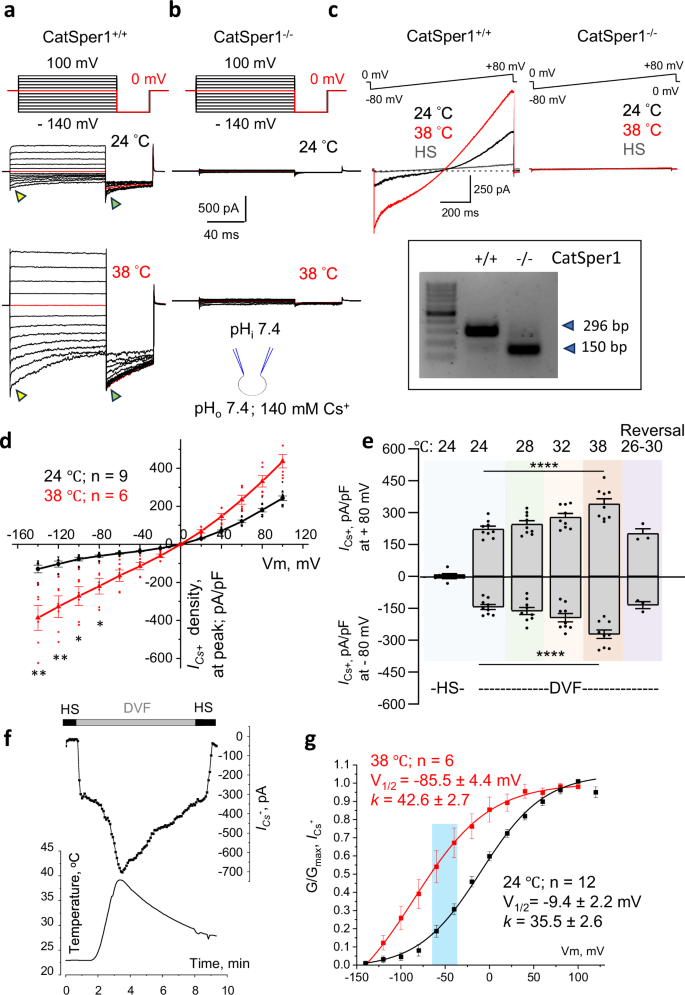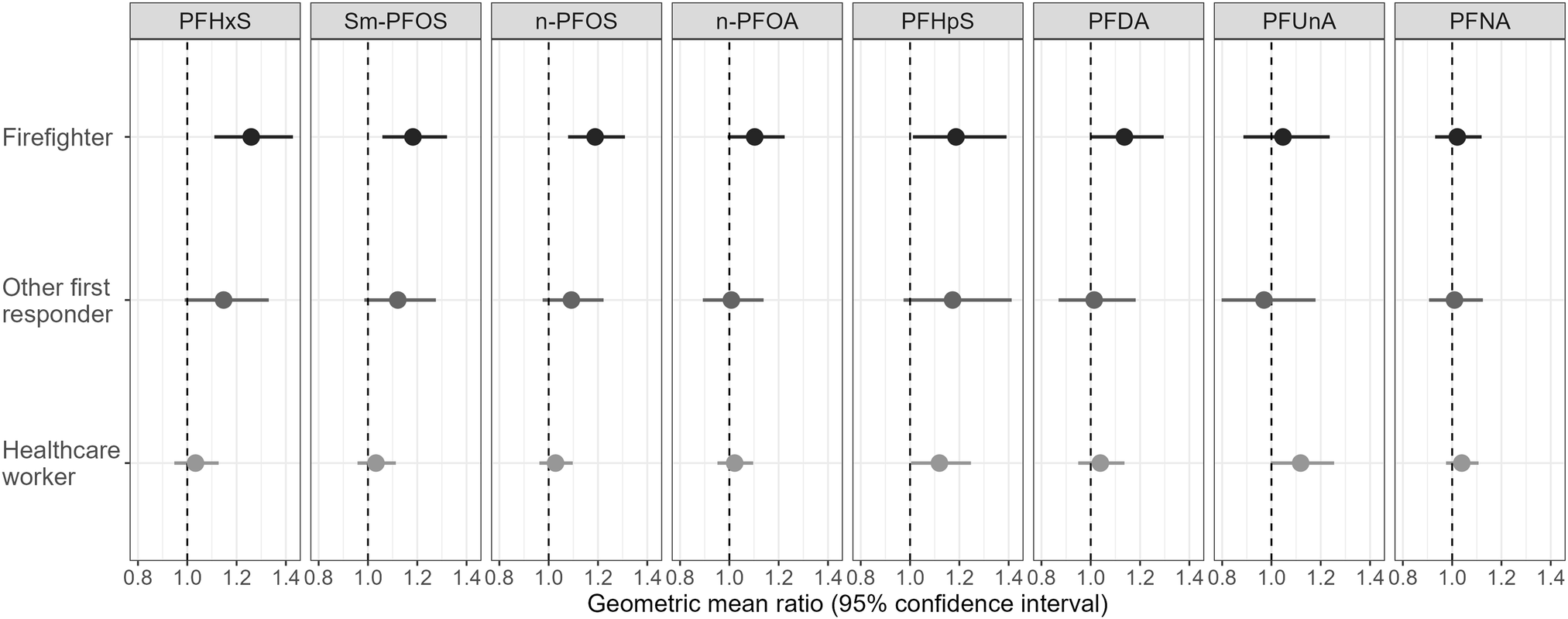2025-05-13 マウントサイナイ医療システム(MSHS)

<関連情報>
- https://www.mountsinai.org/about/newsroom/2025/mount-sinai-study-finds-long-term-eczema-treatment-benefits-patients-with-delayed-response
- https://www.jaad.org/article/S0190-9622(24)03414-5/abstract
2件のランダム化比較臨床試験で16週目にプロトコール定義の奏効基準を満たさなかった中等症から重症のアトピー性皮膚炎患者におけるレブリキズマブ長期投与の有効性 The efficacy of longer-term lebrikizumab treatment in patients with moderate-to-severe atopic dermatitis who did not meet protocol-defined response criteria at week 16 in 2 randomized controlled clinical trials
Emma Guttman-Yassky, MD, PhD ∙ David Rosmarin, MD ∙ Marjolein de Bruin-Weller, MD, PhD ∙ … ∙ Helena Agell, BS ∙ Esther Garcia Gil, MD ∙ Eric Simpson, MD, MCR
Journal of the American Academy of Dermatology Published:December 27, 2024
DOI:https://doi.org/10.1016/j.jaad.2024.12.026
Abstract
Background
Lebrikizumab demonstrated statistically significant improvements in patients with moderate-to-severe atopic dermatitis at week 16 with a durable response up to week 52.
Objective
To investigate the efficacy of lebrikizumab-treated patients at 52 weeks who did not achieve the ADvocate1 and ADvocate2 protocol-defined response criteria (≥75% improvement in the Eczema Area and Severity Index [EASI 75] or Investigator Global Assessment 0/1 with ≥2-point improvement without rescue medication) after 16 weeks.
Methods
This analysis includes observed data for patients who received lebrikizumab every 2 weeks during the induction period, did not achieve the protocol-defined response, and subsequently received open-label lebrikizumab treatment.
Results
At week 16, 38.1% of lebrikizumab-treated patients entered the escape arm due to not achieving the response criteria. However, most of these patients had achieved ≥50% improvement in EASI (58.1%) by week 16. At week 52, 36.1% achieved Investigator Global Assessment 0/1 with ≥2-point improvement, 75.5% achieved EASI 75, 44.2% achieved ≥90% improvement in EASI, and 66.4% reported ≥4-point Pruritus Numeric Rating Scale improvement.
Limitations
This analysis assesses patients receiving open-label treatment with concomitant topical therapy allowed.
Conclusion
Lebrikizumab-treated patients not achieving the protocol-defined response at week 16 can benefit from the continuation of longer-term therapy.

